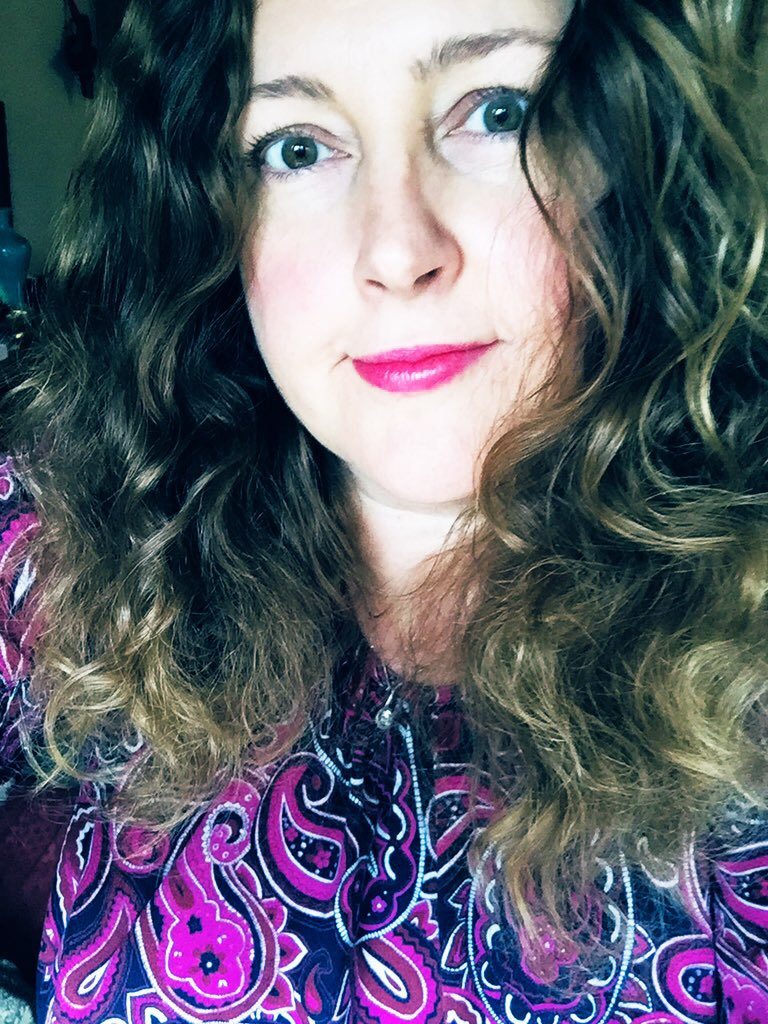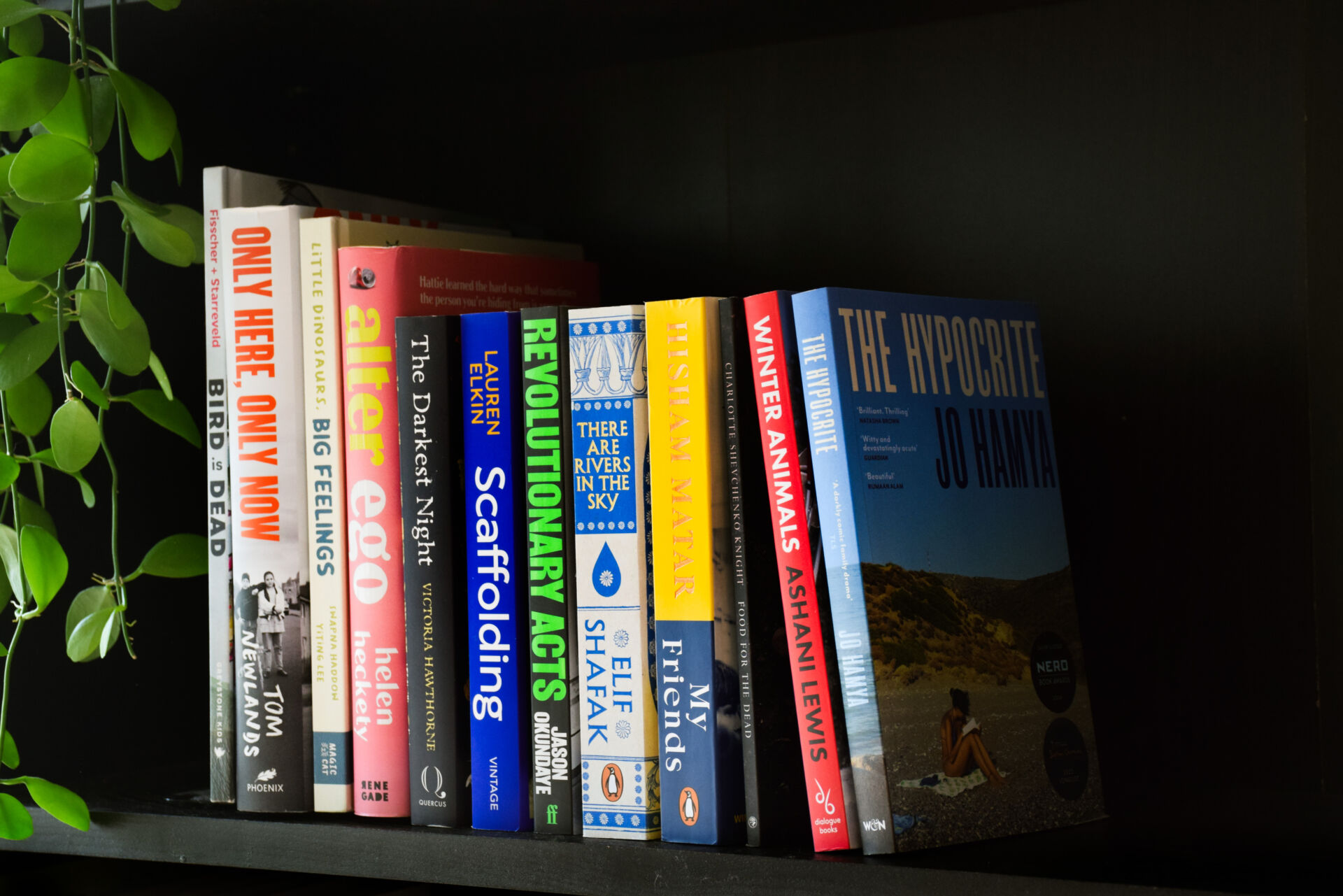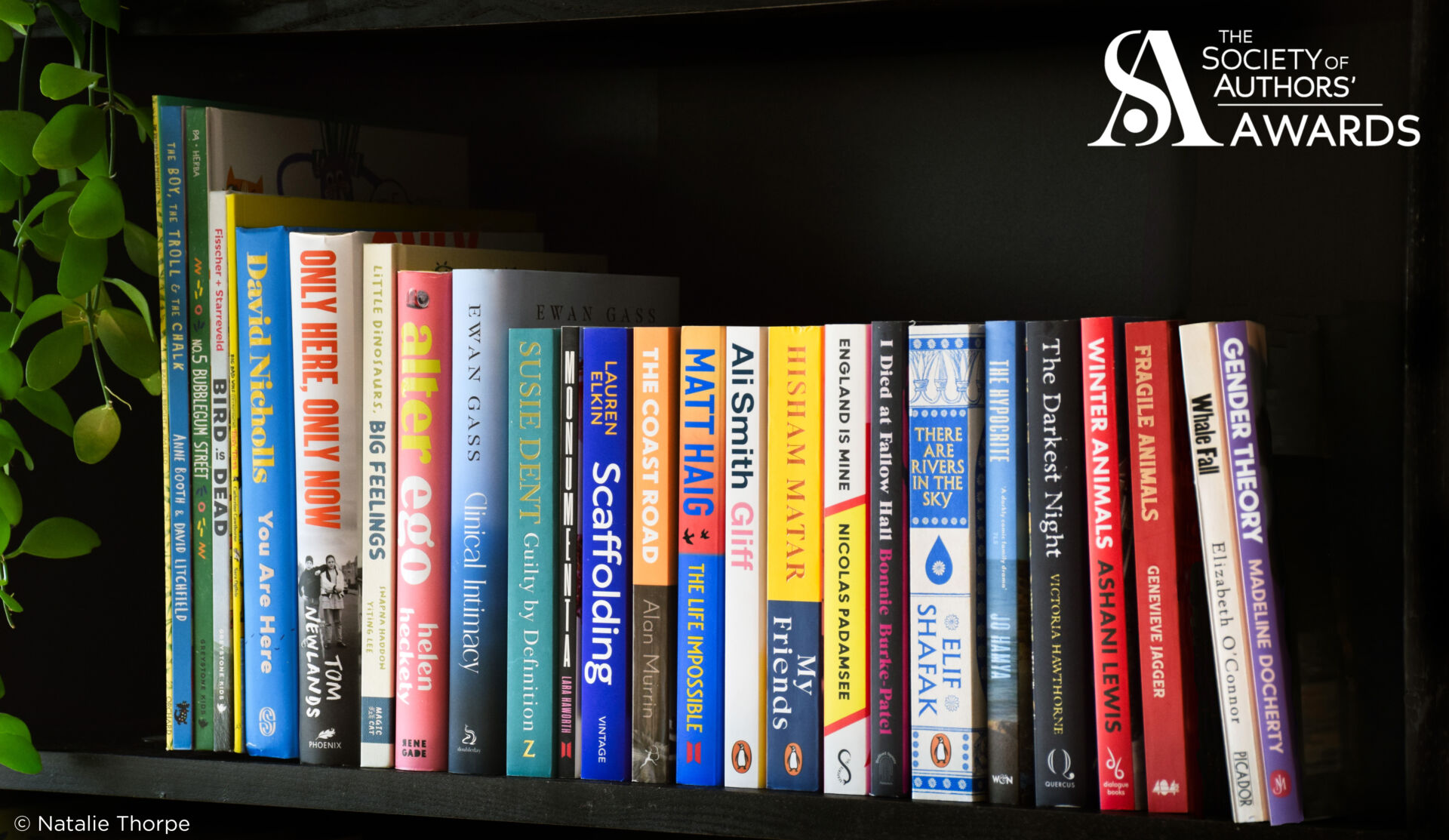For the writer-carer. A new, more vigorous approach and a new literary prize
Many who read this piece will be carers. If you are not one now, you may be later. Some of us will always be in this role.
A carer (I use the NHS definition) is anyone who looks after a family member, partner or friend who cannot cope without support for their illness, frailty, disability, mental health problem or addiction. 2020 data from Carers’ UK found that there were approximately 7 million unpaid carers in the UK – that’s one in ten. The NHS Long Term Plan of January 2019 repeated a commitment to improve how the NHS identifies unpaid carers and to better address their health. Around 800,000 young people aged 5-18 are carers, too – a startling statistic.
I have been balancing needs for a long time – I was a carer for my parents in my teens, and one of my sons has been seriously ill. The intensity of the last three years – looking after my son at home, without any professional support during the pandemic, whilst having two books published, writing numerous shorter pieces, beginning longer projects and teaching part-time – has nearly felled me repeatedly in terms of my own physical and mental health. Prior to this, I had spent a decade trying to find appropriate support and diagnosis; this is not uncommon for those in caring roles. About seven years ago, I began writing, partly in response to the level of stress I was under.
My experience in the industry has been both joyous and rocky. In this piece I will share opinions, observations and practical pointers I have gained along the way, in the hope of making the journey smoother for you, my fellow writer-carers.
And I am glad to announce The Curae Prize, a prize I have recently launched for writer-carers.
How can you pursue writing as a carer? How might the industry better acknowledge your specific needs?
Productivity isn’t just words on the page
First, I’d like to say something comforting to writers and would-be writer-carers reading this. Productivity is not only – even mostly – the words committed to the page. It occurs in moments of reading, recognition and rumination. These may be snatched, but treasure them, because they are of intense power. Jot things down in a notebook if you can, but otherwise just commit them to memory. If you are too tired to remember specifics, summon up the feeling of those thoughts later. Too subtle? This is how I wrote my last novel.
I explored the idea of productivity for you here in more detail, here.
I would like to offer writers and would-be writers more reassurance: do not wait for ideal circumstances. A room of one’s own is ideal but not essential. Work with what you have and with a broken heart if necessary, because writing is itself immensely beneficial to your mental health.
Find your tribe
Caring, while it happens because of love and because we accept responsibility, is isolating. For this reason, affected writers could consider joining the Society of Authors group specifically for carers, to blunt that sense of isolation.
That done, your tribe – the group of people you surround yourself with – comes into play. Mine are the ‘Writing Support Group’, a motley and supportive clutch.
A tribe can be online, and they need not be in similar situations – but try to build a cohort of people with whom you can discuss challenges and sometimes cry or be rude and sweary with about bad practice. Ask for their encouragement, that you may be bold in your decisions.
The industry can do more
Being a carer can be rewarding, but it can also be heartbreaking, not only due to seeing loved ones in distress, but also having to find resources, multi-task, contact various agencies and, not infrequently, see it all fail. I have been there and probably will be again.
If, at the same time, you are working with someone in our industry who lacks compassion, misrepresents you or drains your precious energy, consult your tribe and gird your loins as you plan to let this person, or people, go. I realise this is a difficult and fraught thing, but I also understand the strain you might be under, and I see you. See yourself, too, and nourish your self-belief.
Moreover, if you are feeling intimidated and bullied by a publishing professional, do not feel you are without power – yes, even though you are already vulnerable. Members of the Publishers’ Association are asked to implement certain professional standards of behaviour, and The Society of Authors is there to help you if you need to take an issue further. Individuals and organisations may indeed be in breach of the standards they set, but they exist so that they should be held to them. I can tell you from personal experience that I leant on our union in some dark nights when bad practice and broken heart met. Having that support enabled me to reemerge with new writing and an increased ferocity.
Thoughts on industry best practice
If you are a carer, you will likely need both clear planning and flexibility due to routines, managing medical appointments, unexpected crises, systemic failures and sometimes because you are too tired or too sad to get everything done. I believe publishers should facilitate carers needs for planning and flexibility in the same way.
Publication dates, information about events, deadlines and meeting times should be clearly defined. Unfortunately, this is not always the case. Communication from your publisher, editor or agent should also be as clear as possible to enable you to manage expectations should any problems arise.
Those you are working with need to understand up-front that residential or in-person events may be limited or impossible. I know that writers self-exclude for fear of this. It shouldn’t be the case, because there is genius out there and who could be more committed than the author who produces work in extremis?
Understanding in a work context is vital and should be underpinned by the idea that some lives are very difficult. Arguably, our industry aught also to be aware that writing may be a conduit into meaning and feeling heard and seen for someone who feels marginalized.
Responding to submissions
For that reason, in querying and submission, I propose that, as industry standard, an automatic email acknowledgment of work is in order, then a reply or a very clearly stated timeline on the period of consideration: three months (for example) and it is a no. No reply one month after a request is also a no.
Writers, especially those who are vulnerable, should be aware that ghosting happens at all levels, including when agents send books out on submission. Ghosting, as this frequent radio silence is known, is eviscerating! Rather more positively, there are a good number of agents, editors and small publishers out there who are resolutely transparent about what they do and display excellent information on their websites.
The Curae Prize
Several weeks ago, I launched a new literary prize specifically for writers and would-be writers who are carers.
We have generous bursaries and a wealth of support and resources offered by such industry luminaries as Andrew Nurnberg Associates Ltd literary agency, The Good Literary Agency, Wolf Literary, Renard and Elliot and Thompson presses, North Bank Talent, Arvon, Mslexia, Jericho Writers and numerous writers, plus judges Michael Langan and Chimene Suleyman and some amazing sifters and helpers.
Support includes mentoring, one-to-ones, special support for carers from under-represented groups, and much more.
I hope to grow the prize over the coming years so that we include young carers, in order that a greater range of texts can be entered; this first year, it is a short story or piece of non-fiction or creative non-fiction, neither of which need be about caring. I am really excited about it all and, of course, as part of my planning I have reflected on what was unhelpful to me, which doors were closed – so I can push those barriers away for others.
There is genius out there, much founded in intense pain and frustration: I am on a mission to make sure it is nurtured and seen. As writers and as an industry, we can work together to ensure that happens.
https://www.england.nhs.uk/commissioning/comm-carers/carers/
https://thecuraeprize.uk/ If you would like to contribute to the two bursary prizes, please do let me know at thecuraeprize@gmail.com
https://societyofauthors.org/Groups/Carers
https://www.facebook.com/groups/WritersasCarers
(You need not be a member of SoA to join the Facebook group)
Anna Vaught is a secondary English teacher, mentor and author of several books, including 2020’s Saving Lucia and Famished. Her short creative works and features are widely published, and she has been a columnist for The Bookseller. and Mslexia. Anna’s second story collection, Ravished, waas published by Reflex Press in September 2022, memoir, These Envoys of Beauty, will be published in March 2023, with novel The Zebra and Lord Jones by Renard (in the UK and commonwealth) in September 2023, A book on writing, The Alchemy, will also be published in late autumn, 2023. Anna is currently working on a new novel and developing the Curae, a new literary prize for carers. Anna is a guest university lecturer, tutor for Jericho Writers, and volunteer and is represented by Kate Johnson of Wolf Literary, NYC. She is from a large Welsh family, the mother of three sons, and lives in Wiltshire with a lot of rescue animals. She lives and works alongside chronic illness.






